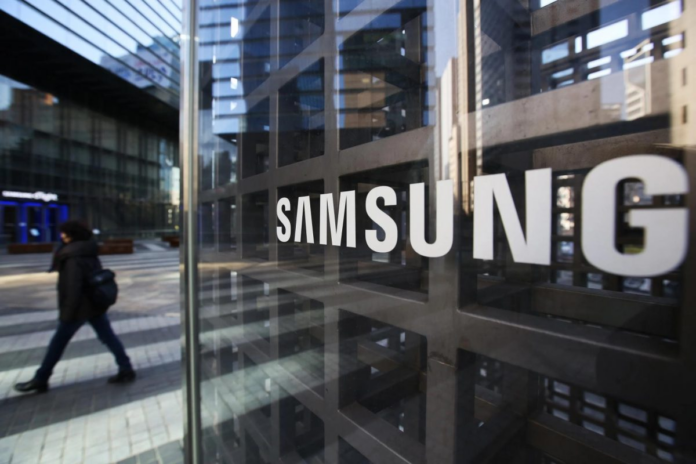This is not investment advice. The author has no position in any of the stocks mentioned. Wccftech.com has a disclosure and ethics policy.
As President Trump takes charge after winning the November election, his proposed tariffs on Mexico aimed at gaining leverage in negotiations surrounding the flow of drugs and immigrants in the US, South Korean firms with production facilities in the country are reportedly considering shifting their production away from Mexico to the US and Korea. The list of firms includes Samsung, LG, Hyundai and Kia.
The firms are also worried about subsidies and grants under the former administration’s Inflation Reduction Act (IRA) and the CHIPS and Science Act being targeted either through a repeal or a slower disbursement process, reports the Korea Economic Daily.
Samsung, LG and Korean Car Makers Seek To Expand US Production Amidst Worries Of Mexico Tariffs
While potential tariffs on Mexico, Canada, China and other countries have created concerns regarding inflation, one aspect that’s under-discussed is their effect on the technology industry. Major technology companies have data center equipment production facilities in Mexico as they utilize lower costs to produce affordable products for exports to the US.
These, and similar concerns, have also forced Korean firms to rethink their production operations, suggests a report from the Korea Economic Daily. The publication cites industry sources to report that Samsung, LG, Kia and Hyundai are among firms that are considering shifting their production facilities away from Mexico to either the US or Korea.
Samsung, the Korean conglomerate, manufactures dryers in Queretaro, Mexico. The threat of tariffs is making the firm consider shifting this production to South Carolina, where it already manufactures washing machines. The move is expected to be relatively easy for Samsung since washing machine and dryer production relies on similar production lines.
LG’s production shift also purportedly covers home appliances. Sources believe the firm will shift refrigerator and television production from Mexico to Tennessee. For this purpose, the firm has acquired land to build four additional plants in the state. An industry source quoted by the publication believes that shifting production to the US allows LG to respond rapidly to shifting demand patterns.
Along with the two technology companies, car manufacturers Hyundai and Kia are also aiming to grow their US production in response to tariffs against Mexican imports. LG Energy, a firm that produces batteries for electric vehicles, is also considering strategies to navigate tariffs against Canada, a country where it is building a plant with auto giant Stellantis.
A key goal of the Trump administration is to reduce America’s trade deficits with major trading partners. Analysts believe the new administration could leverage NVIDIA’s GPUs as a bargaining ‘chip’ to trade with China to convince the country to buy other American exports such as soybean. NVIDIA’s GPUs were part of the former Biden administration’s sweeping list of export control rules, which sought to limit the countries that could freely access advanced American AI technology due to national security concerns.



